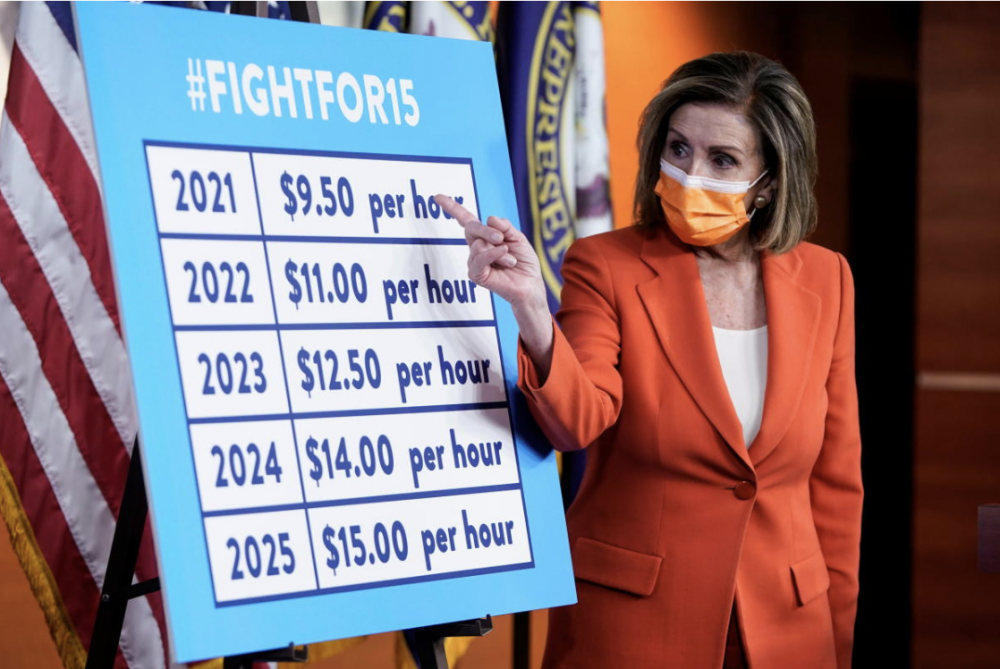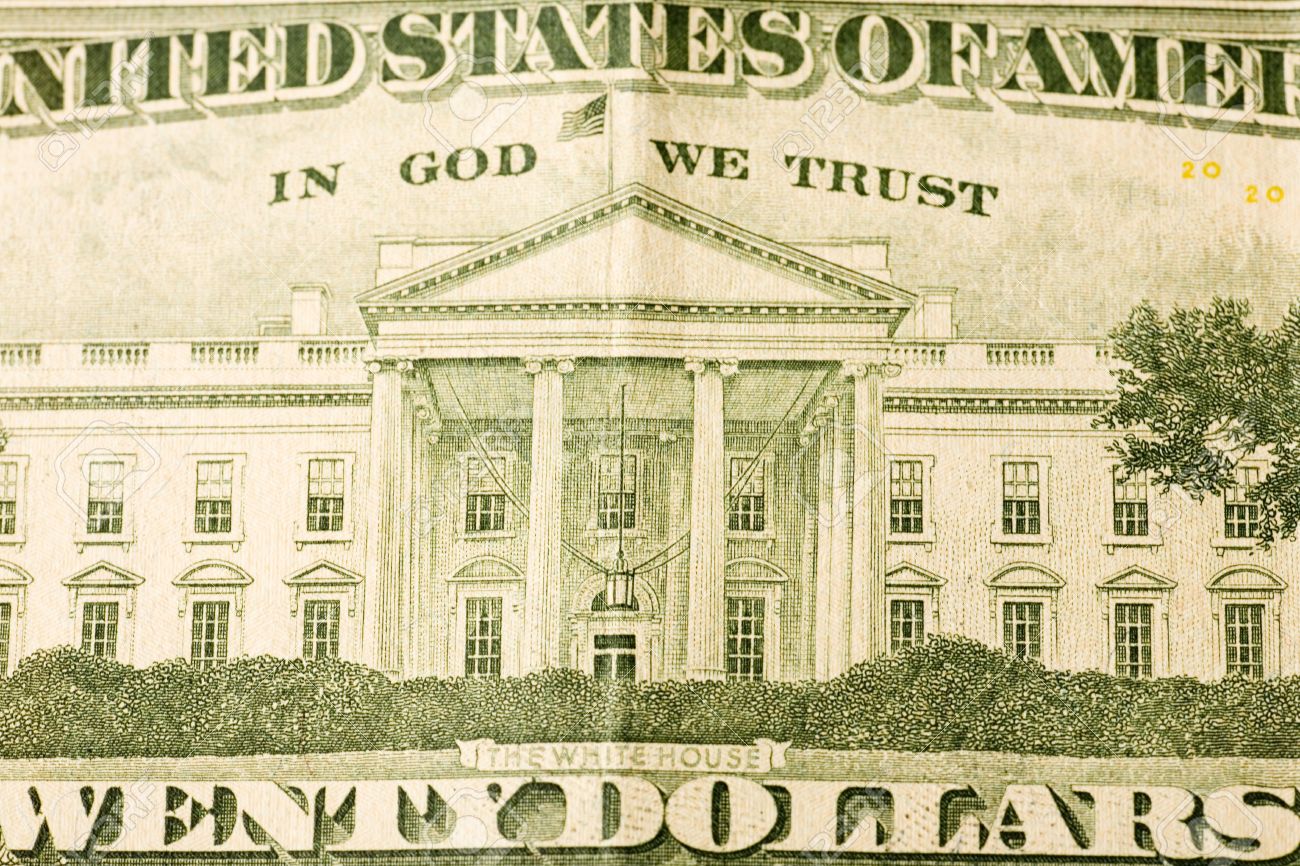
ABHISHEK ROY – MARCH 18TH, 2019
Gujarat, a state in the Western part of India, has a high literacy rate, wealthy diamond merchants, booming industry, and incredible power generation. This has made Gujarat a model for economic growth and development in India. Otherwise well-known throughout the subcontinent for its amazing food, fried snacks, and warm people, Gujarat is in the process of pulling out a big rabbit out of the hat: a new venture in its nascent stages that promises to make its mark on the world. The Gujarat International Finance Tec-City (GIFT) is the newest and most ambitious project undertaken by the Indian and Gujarati governments to create a new financial hub that will rival leading financial capitals of the world, such as New York, London, Hong Kong, and Singapore.
GIFT was first envisioned in 2007 at the Vibrant Gujarat Global Investor Summit. Now in its second phase of development, GIFT has already built the initial stage of its planned state-of-the-art facilities. It plans to provide digitally monitored drinking water supply, self-produce 99.999% of its electricity, and offer cutting-edge Information and Communications Technology (ICT) to enable IT companies to gain a significant competitive advantage to operate regionally and globally. At its core, GIFT is a Special Economic Zone (SEZ), which means that companies operating in GIFT will not be subject to Indian financial laws and regulations. It is a completely independent, international zone with its own regulatory body and authorities. One can buy international stocks and conduct business deals in dollars without having to pay the taxes imposed on deals under the Indian financial and tax authorities. The Bombay Stock Exchange has already opened a subsidiary in GIFT, the International Stock Exchange, which allows traders to buy international stocks. With a turn-around time of four microseconds, it is the fastest Exchange in the world.
This venture has a widespread impact on the Indian economy. Let us first examine trade and international business. Imagine a manufacturer on Indian soil who imports raw materials, builds a machine, and then exports it. When purchasing the imported goods, the individual pays an import duty which he or she then redeems when exporting the finished good. However, doing so takes time because the manufacturer has to submit the proper files and wait for approval, which may be time-consuming. However, within GIFT, one can buy imported goods without paying any duty and export the finished good without having to worry about unnecessary paperwork, regulations or bureaucracy. Any financial institution set up by the International Financial Services Centre (IFSC), established as a part of the SEZ, will be treated as a ‘non-resident Indian’ and can conduct business in ‘foreign currency. The ease of doing business is the underlying reason behind the most successful SEZs around the world like Dubai International Finance Centre, the Shenzhen Special Economic Zone in China, and the East Coast Economic Region in Malaysia. GIFT will not only attract foreign players but also Indian companies who wish to conduct international business, increasing the proximity between Indian and international businesses. In addition to some of the largest Indian banks that have opened branches here, foreign companies like Standard Chartered are also in talks to open global branches here. Cisco, the IT giant, has also signed a Letter of Intent with the Gujarat’s state government to partner with NGOs and provide technical skills to Indian workers in the digital and medical sectors. GIFT is also going to hugely influence the Indian financial and IT. Since leading financial and IT institutions around the world would set up shop here, they will most likely employ Indian workers. India is a big supplier of knowledge workers or white-collar professionals and skilled labor and GIFT is projected to create over half a million new jobs. GIFT appears to be an extremely attractive opportunity for one of the fastest growing economies in the world to create a global financial footprint.
Yet, there are some important factors that may prove to be major drawbacks. Firstly, Ahmedabad, the closest city to GIFT, isn’t as cosmopolitan as other leading cities in India like Mumbai, Delhi, or Bangalore. As such, carrying out international business in Ahmedabad and interacting with international companies could be easier if GIFT was located someplace closer to a big city like Mumbai. Accessibility by air or sea is an issue, since GIFT is landlocked. Many companies operating in GIFT right now are not large players in their respective industries. The Indian non-banking financial companies and banking institutions setting shop there right now, like IDBI Bank, Kotak Bank, and Yes Bank, are powerful players in the Indian market. However, only a handful of large foreign companies have opened branches there as of now. Moreover, many critics have pointed out that the development of a city like GIFT would divert funds from the development of existing cities whose infrastructure is outdated and overloaded.
Despite these concerns, the wealth and prosperity generated in GIFT will likely have spillover benefits to the entire nation. The kind of international monetary and financial platforms created here and the vision it promises to deliver for the Indian economy are unprecedented. It is an ambitious project by the Indian government to boost the national economy and ascend the ladder as the world’s fastest growing economy. What GIFT needs is more time to truly turn out to be the gateway to make India’s mark on the global economy and be the ‘gift’ to the Indian economy as it was originally envisioned.
Works Cited:
- Gujarat International Financial Tec-City (GIFT) Project Status. Report. Ahmedabad, Gujarat: Gujarat International Financial Tec-City Company Limited, 2015.
- Dave, Vimukt. “International Exchange to Be Set-up in Gift City.” Business Standard(Ahmedabad), July 16, 2016.
- Government of India, Ministry of Finance. Press Information Bureau. “International Financial Services Centre.” News release, March 1, 2015.
- “Standard Chartered Likely to Open Global Branch in GIFT City.” February 4, 2019. Accessed February 22, 2019. https://economictimes.indiatimes.com/industry/banking/finance/banking/standard-chartered-likely-to-open-global-branch-in-gift-city/articleshow/67839697.cms.
- Gujarat, Gift. “GENESIS.” Stakeholders | GIFT Gujarat,Gujarat International Tec City,Gujarat International Finance Tec-City (GIFT). Accessed February 22, 2019. http://www.giftgujarat.in/genesis.
Featured Image Source: GIFT Gujurat
Disclaimer: The views published in this journal are those of the individual authors or speakers and do not necessarily reflect the position or policy of Berkeley Economic Review staff, the Undergraduate Economics Association, the UC Berkeley Economics Department and faculty, or the University of California, Berkeley in general.



